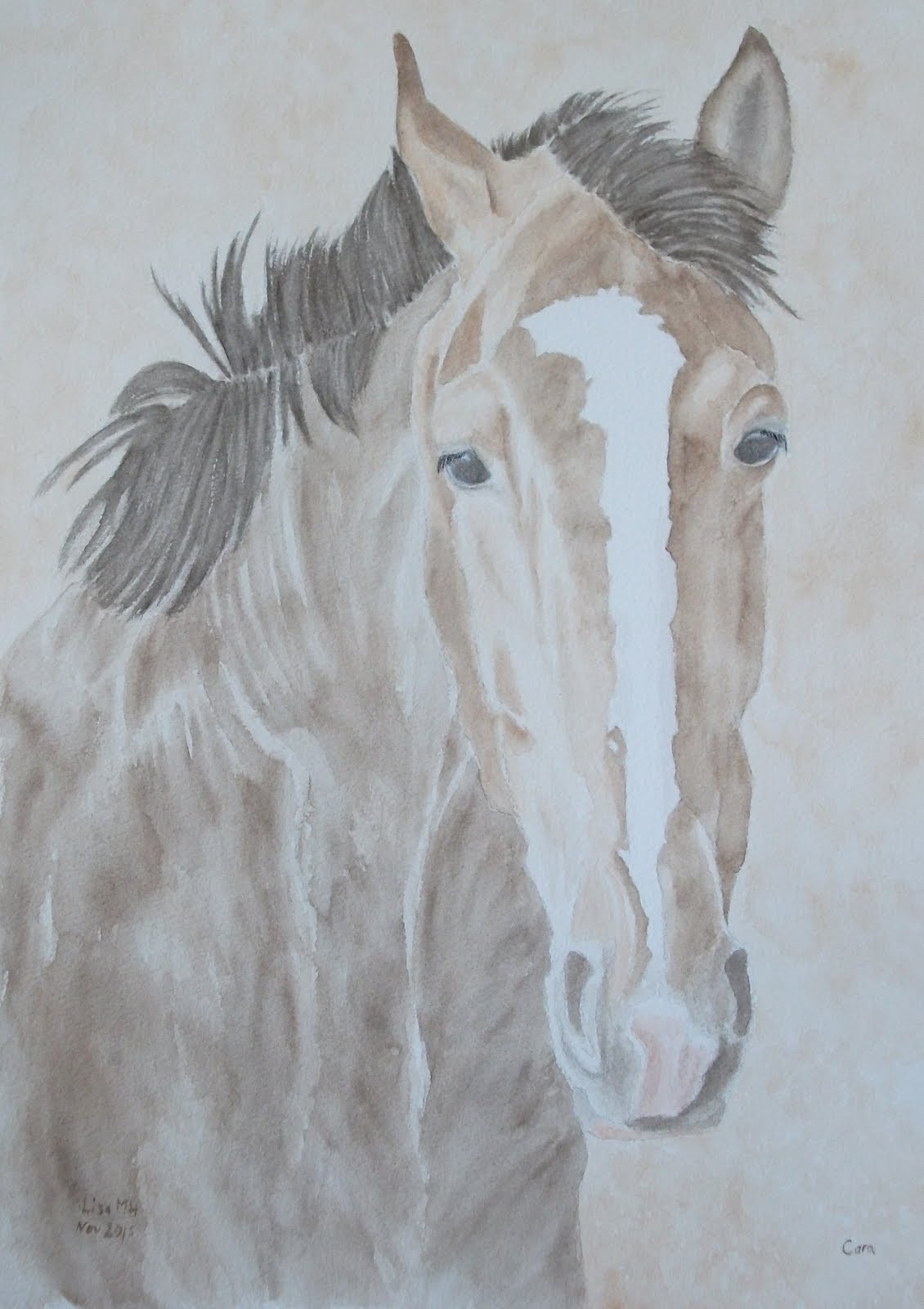
Apparently goldfish have such a short attention span that by the time they’ve made a circuit of their bowl (all of thirty seconds) they’ve forgotten that they’ve been there before.
Sounds vaguely familiar. Having ADHD is probably quite similar to being a goldfish, I imagine. I’d just rather it were something a little more dynamic and exciting - like the speed of a cheetah, the eyesight of an eagle, or the agility of a snow leopard. Having the attention span of a goldfish is rather lacking on the pizzazz front, don’t you think? A bit like having the body odour of a skunk.
Actually this is not quite an accurate description. Skunks don’t have body odour, per se. What they have is the faculty for secreting a foul-smelling odour to deter predators: which, on second thoughts, sounds like it could come in really handy, in lieu of a talent for martial arts with which to pummel them to death (the predators, I mean, not the skunks). However, I do foresee a slight problem with this ingenious idea – the autistic inability to determine who are the predators, which could lead to living in a permanent state of ponginess. But it’s one way of keeping the general population at bay, thereby minimising the potential for mind-bogglingly confusing interaction. Could be a bit of an extreme solution, though.
Goldfish apparently also have a very brief short-term memory of three months (though to a goldfish this could possibly equate to something like half a lifetime). This concerns me gravely, as I find myself worryingly identifying once again with these dynamos of the marine world: having, as I do, a short-term memory that appears to contain more holes than a meshless sieve. It also leads me to wonder how people have worked this out about goldfish when, as far as I am aware (and my knowledge is extensive – er, not!), they cannot communicate. Or perhaps those little bubbles that come out of their mouths are speech bubbles? Whatever the case may be, I’d say it’s much like a neurotypical attempting to work out what an autistic is trying to convey, and vice-versa.
Confusingly for me I also have the long-term memory of an elephant. This perhaps explains why my short term memory is not so good – the goldfish in me gets trampled to death by the pachyderm, as it blindly blunders about randomly sucking up facts to keep locked up in its trunk. Or make that trunks, since I’m seemingly in the possession of not just one trunk-load of information, but a complete bloody battalion. In which case you’ve got to wonder whether I’m in the possession of not just one elephant’s memory but a whole gargantuan parade.
Whatever the case may be, I do wish sometimes that they’d just bugger off ‘cos they don’t half make a lot of noise about it. And another thing – I wish someone would take the lead up there and get some order going. It’s like a random duck-shoot - I never know what I’m going to target next. But then I don’t think elephants are really designed to use shotguns, are they, so it’s no wonder I keep getting blasted in the process.


















